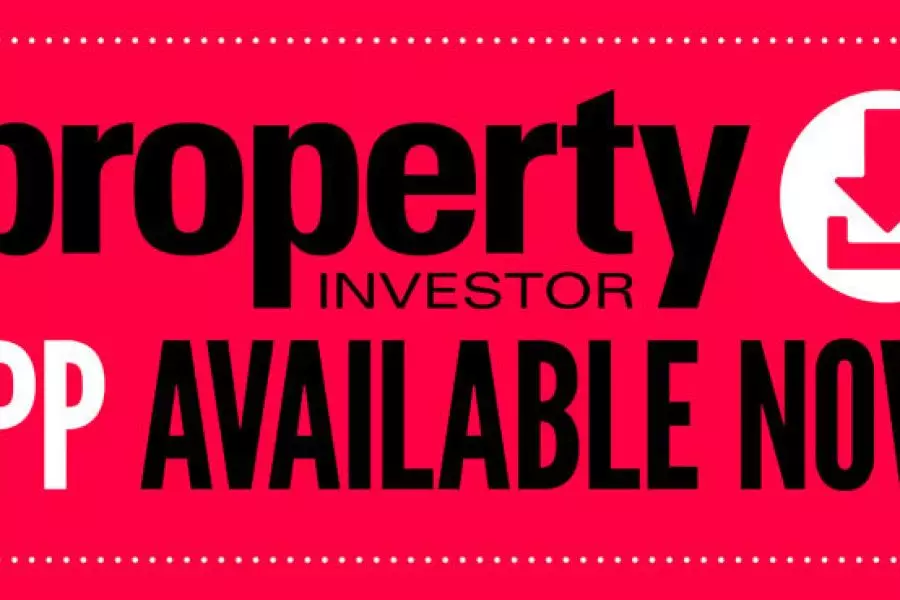News
Software: Comparison analysis
Thursday 1st of February 2007
Property investing is all about crunching numbers and computers can crunch far faster than the human brain. It’s surprising, therefore, that so few investors use computers to analyse potential property purchases, work out depreciation, calculate mortgage repayments and even manage their property portfolio. As well as crunching the numbers and stripping away estate agent superlatives, comp...
Want to read the full article?
Click the button below to subscribe and will have unlimited access to full article and all other articles on the site.
2 min read






![[The Wrap] Bye Bye Bayly](https://goodreturns.publit.io/file/c_fill,w_900,h_600/39f23ac1-f7c7-4854-b700-a150004ebbac.webp)


